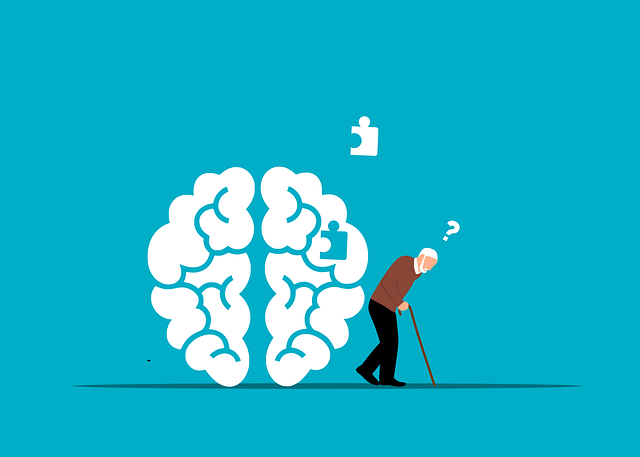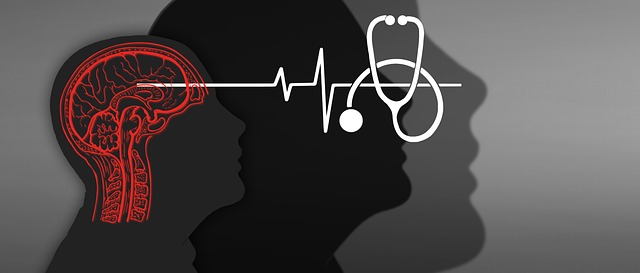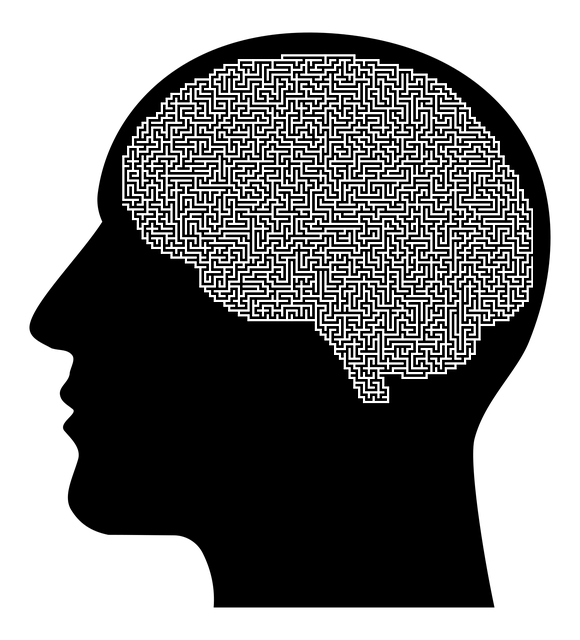Northglenn Couples Communication Issues Therapy offers specialized support for individuals and couples navigating loss, grief, and bereavement using Elizabeth Kübler-Ross's grief model. This therapy provides a safe space to process emotions, validates shared experiences, teaches empathy, reduces mental health stigma, and fortifies relationships through improved communication. Incorporating mood management techniques, emotional regulation skills, self-awareness exercises, and trauma support services, Northglenn Couples Therapy empowers couples to heal together, build resilience, and foster understanding within their communities.
Grief is a complex process that follows significant loss, impacting individuals and relationships profoundly. This article offers a comprehensive overview of understanding loss, grief, and bereavement, delving into their effects on both personal well-being and interpersonal dynamics, specifically focusing on Northglenn couples. We explore communication issues that arise post-loss and highlight the transformative power of therapy as a support system for grieving couples. Additionally, it provides effective strategies to navigate the challenging journey of loss, grief, and bereavement.
- Understanding Loss, Grief, and Bereavement: A Comprehensive Overview
- The Impact of Loss on Individuals and Relationships
- Northglenn Couples Communication Issues: Navigating Difficult Conversations Post-Loss
- Therapy as a Support System: Professional Help for Grieving Couples
- Effective Strategies for Coping with Loss, Grief, and Bereavement
Understanding Loss, Grief, and Bereavement: A Comprehensive Overview

Loss, grief, and bereavement are complex emotional experiences that can significantly impact an individual’s well-being. Understanding these concepts is a crucial first step in providing effective support during challenging times. Loss refers to the absence or deprivation of something valued, such as a loved one, while grief is the intense emotional response to loss. Bereavement, on the other hand, is the period of time after a significant loss, marked by feelings of sadness and adjustment. Recognizing that these experiences are unique to each person, Northglenn Couples Communication Issues Therapy offers a safe space for individuals to process their emotions and navigate this difficult journey.
The process of grieving involves various stages, including denial, anger, bargaining, depression, and acceptance, as described by Elizabeth Kübler-Ross’s famous model. This framework serves as a valuable guide for both the bereaved and therapists providing crisis intervention guidance. By offering mood management techniques and confidence-boosting strategies, Northglenn Couples Communication Issues Therapy aims to empower individuals to cope with their loss effectively and work towards healing. Through tailored counseling sessions, clients can explore their emotions, develop healthy coping mechanisms, and gradually integrate their experiences into their lives while maintaining resilience.
The Impact of Loss on Individuals and Relationships

Loss, grief, and bereavement can profoundly impact individuals and their relationships. When faced with the death or departure of a loved one, people often experience a range of complex emotions, including deep sadness, anger, guilt, and confusion. These feelings can be especially challenging for couples, as they navigate not only their individual loss but also the strain it places on their partnership. The dynamics of communication and intimacy within relationships may shift dramatically, requiring professional support to help them cope.
In Northglenn, where couples often face unique communication issues, therapy plays a vital role in managing these challenges. Through effective counseling, individuals learn empathy-building strategies that foster understanding and compassion. Moreover, therapy sessions can help reduce the stigma associated with mental illness, encouraging open discussions about grief and stress management techniques. This holistic approach not only supports individuals in processing their loss but also strengthens their relationships by improving communication and fostering resilience.
Northglenn Couples Communication Issues: Navigating Difficult Conversations Post-Loss

In the aftermath of a loss, couples in Northglenn often grapple with profound communication issues, making it crucial to seek Northglenn Couples Communication Issues Therapy. The grief process can be deeply individualistic, yet shared experiences and emotional vulnerabilities create unique challenges within relationships. This is where professional help becomes essential; therapists specialized in bereavement offer a safe space for couples to navigate difficult conversations post-loss, fostering understanding and resilience.
Effective communication during this turbulent time involves acknowledging each other’s emotions, validating their experiences, and fostering an environment of non-judgmental support. Mental Health Awareness plays a pivotal role as couples work through their grief, often uncovering underlying issues that require Self-Esteem Improvement and Trauma Support Services. Through therapy, Northglenn residents can learn healthier communication patterns, strengthen their bond, and ultimately, find hope and healing together.
Therapy as a Support System: Professional Help for Grieving Couples

Loss, grief, and bereavement can profoundly impact couples, often exacerbating existing communication issues. In moments of profound sorrow, navigating life together can feel impossible. Northglenn Couples Communication Issues Therapy offers a vital support system for partners struggling with loss. Professional counselors create safe spaces where individuals express their emotions freely, fostering understanding and empathy. Through effective listening and tailored strategies, therapists help couples develop healthier communication patterns, strengthening their bond as they navigate the grieving process.
This form of therapy goes beyond individual healing; it emphasizes the interwoven nature of grief within relationships. By addressing Northglenn Couples Communication Issues, counselors play a crucial role in the development of public awareness campaigns around mental health, particularly in stressful times like bereavement. Ultimately, this support system contributes to broader Mental Health Policy Analysis and Advocacy, recognizing that healthy communication is a cornerstone of resilient communities.
Effective Strategies for Coping with Loss, Grief, and Bereavement

Grief is a complex process, but there are effective strategies to help individuals navigate loss, grief, and bereavement. One crucial aspect is self-awareness exercises. Encouraging clients to reflect on their emotions, thoughts, and behaviors can foster understanding and healthy coping mechanisms. Through journaling or guided meditation, individuals can process their feelings and gain insights into how they’re dealing with the loss, whether it’s through avoidance, denial, or acceptance.
Additionally, mood management and emotional regulation techniques play a vital role in counseling. Therapists can teach clients strategies to identify and control intense emotions, such as deep breathing exercises, mindfulness practices, or cognitive reframing. These tools empower individuals to respond rather than react, promoting healthier coping behaviors. Northglenn Couples Communication Issues Therapy, for instance, often incorporates these methods to support couples dealing with loss while enhancing their overall emotional regulation skills.
Loss, grief, and bereavement can profoundly impact individuals and relationships, as highlighted in this article. Understanding these complex emotions is crucial for navigating challenging conversations post-loss, such as those often experienced by couples in Northglenn. When communication issues arise, seeking professional help through therapy can provide invaluable support. By employing effective coping strategies, couples can enhance their resilience and find meaningful ways to honor their losses while fostering stronger connections moving forward.














